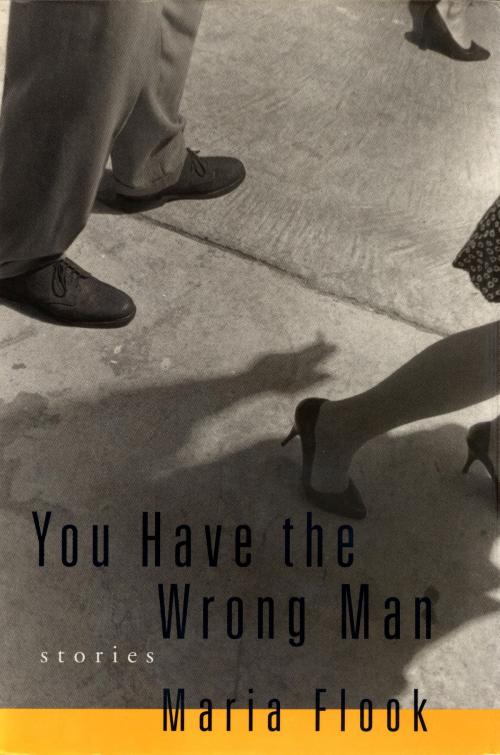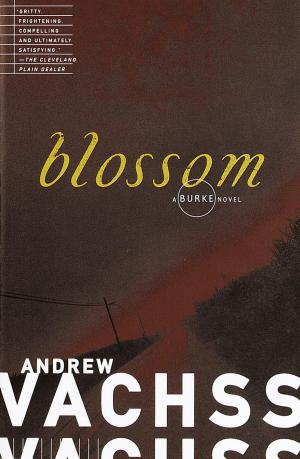| Author: | Maria Flook | ISBN: | 9780307831620 |
| Publisher: | Knopf Doubleday Publishing Group | Publication: | August 21, 2013 |
| Imprint: | Pantheon | Language: | English |
| Author: | Maria Flook |
| ISBN: | 9780307831620 |
| Publisher: | Knopf Doubleday Publishing Group |
| Publication: | August 21, 2013 |
| Imprint: | Pantheon |
| Language: | English |
Maria Flook’s novels have garnered the higher praise from writers and critics alike. The New York Times called her first novel “jolting,” her writing “ethereal, spare, and erotic.” Novelist E. Annie Proulx placed her “in the front ranks of new American writers.”
You Have the Wrong Man is a powerful new work by this gifted writer. Flook’s stories enter the new sanctuaries where men and women connect, and in these eight unveiled liaisons sexual desire is presented in its deepest reaches and it full human scale. In “Rhode Island Fish Company” a woman’s maternal instincts run amok and kindle a startling betrayal; in “Prince of Motown” a household enters a crazed bereavement when Marvin Gaye is murdered; in “Lane” a man volunteers a point-by-point confession of threatening, bitter lust. These are only a few of the edgy coercions that illuminate the moral tests and erotic pressures that tear up couples and unhinge families.
In writing that is both psychologically precise and funny, relationships are worn down by carnal debts, hardships, and cold-blooded consummations, but these characters find reprieve as Flook evokes their purist motives—not just to survive, but to survive for one another.
Maria Flook’s novels have garnered the higher praise from writers and critics alike. The New York Times called her first novel “jolting,” her writing “ethereal, spare, and erotic.” Novelist E. Annie Proulx placed her “in the front ranks of new American writers.”
You Have the Wrong Man is a powerful new work by this gifted writer. Flook’s stories enter the new sanctuaries where men and women connect, and in these eight unveiled liaisons sexual desire is presented in its deepest reaches and it full human scale. In “Rhode Island Fish Company” a woman’s maternal instincts run amok and kindle a startling betrayal; in “Prince of Motown” a household enters a crazed bereavement when Marvin Gaye is murdered; in “Lane” a man volunteers a point-by-point confession of threatening, bitter lust. These are only a few of the edgy coercions that illuminate the moral tests and erotic pressures that tear up couples and unhinge families.
In writing that is both psychologically precise and funny, relationships are worn down by carnal debts, hardships, and cold-blooded consummations, but these characters find reprieve as Flook evokes their purist motives—not just to survive, but to survive for one another.















